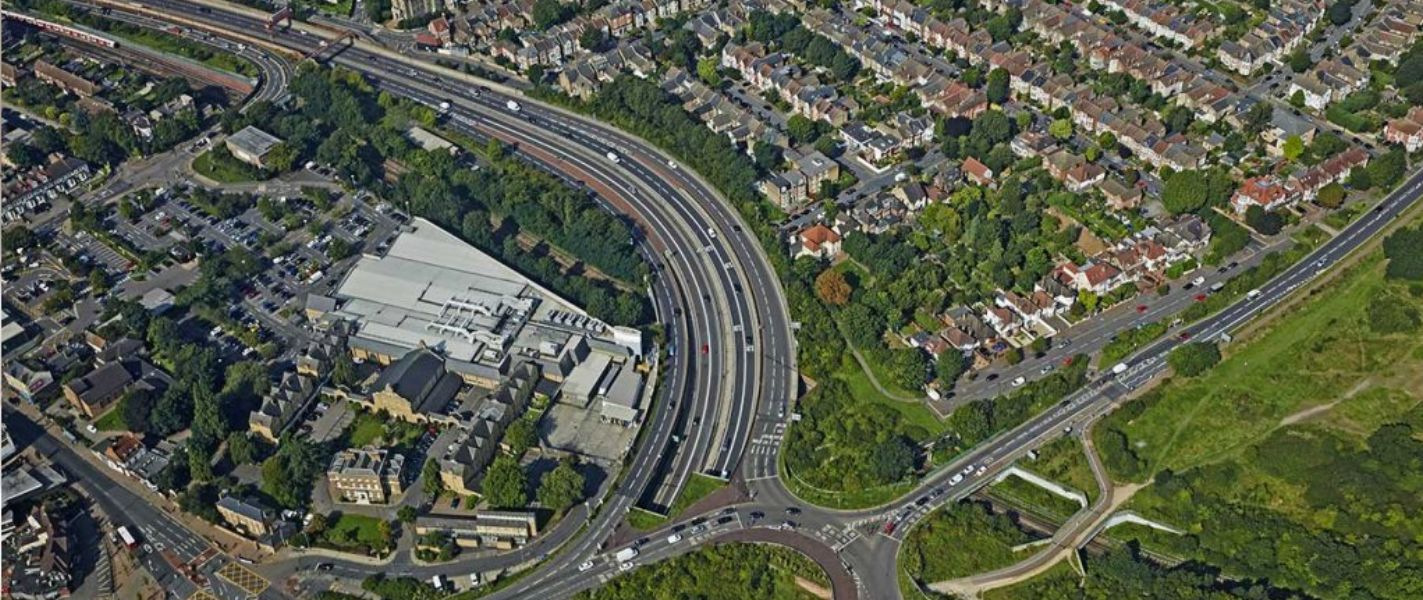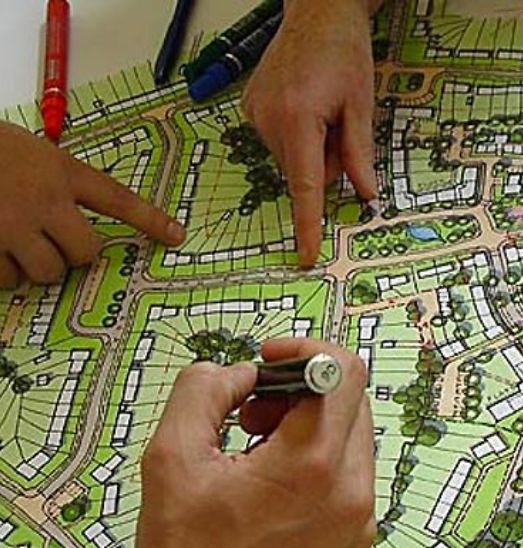Rated 4.8 Stars for Town Planners Serving Australia-Wide
Backed by 404 customer reviews via ServiceTasker.

Get Fast & Free Quotes from Local Town Planners Near You
Searching for experienced town planners near you to assist with your residential or commercial development project? Whether you need help with DA approvals, rezoning, or strategic planning, our platform connects you with local town planning consultants who understand your region’s regulations and council requirements.
Town planners are vital when planning a building as they deal with the town planning submissions that define the approval of the building, changes that may be required, and conformity with the town planning scheme. These submissions concern the architectural and planning aspects of designing a building, in terms of appearance, use, and influence on the movement of cars and the casting of shadows. Town planners work closely with architects and surveyors to facilitate approvals for residential, commercial, and industrial developments.
If you're wondering how to find builders or a town planner for development approval near you, ServiceTasker makes it easy. When hiring qualified town planners, make sure that they are registered members of some bodies such as the Planning Institute Australia (PIA). ServiceTasker allows you to post your requirements and get offers from some of the best town planners based on your work and location, and then make your choice.
Need Fast & Reliable Town Planners Near You?
Get free quotes from verified local experts in minutes — It’s Quick & Fast!
Choose From the Finest Town Planners Near You
What Does A Town Planner Do?
They are essential in the planning and implementation of the physical appearance of the towns to meet the demands of land use and the population. This entails physical and social assessment of development projects at national, regional and local levels.
Developing and Reviewing Planning Policies
Town planners engage in the formulation and appraisal of planning policies about transport, the economy, employment, green networks, energy from renewable resources, climate change, and heritage assets. They oversee the existing policy documents to ensure that they are at par with the current policy.
Transport Policy and Strategy
They help in the formulation and execution of transport policies for the development of networks. This can encompass cycle tracks, railways, roads, and runways. Their work helps to make sure that cities are well connected and urban centres are accessible.
Enhancing Urban Areas
Town planners work hard to ensure places are pleasant and secure places to live, work, and play. They make an effort to repair deteriorated areas and address population density requirements while considering the effects on ecosystems.
Research and Application Support
This involves conducting planning research to support planning applications as a major responsibility. These applications are usually developed and checked by town planners so that they can conform to the legal provisions.
Consultations and Negotiations
They support consultations and discussions with consultants and developers, guaranteeing projects are compliant with planning policies. They also must ensure that planning controls for developments are complied with strictly.
Historic Environment Management
Town planners contribute to the formulation of policy or guidelines for dealing with historic surroundings. They also give out information on the upgrading or re-use of listed buildings hence conserving heritage assets.
Client Services and Project Contributions
They help with service delivery to clients and offer support to different projects in the organization. This comprises preparing planning applications, appeals, design and access statements and other required documents.
Business Development
Client management and business development of portfolios are among the key responsibilities of town planners. They conduct consultations to involve the public in the planning processes.
Town planners play significant roles in the development of urban areas about growth, sustainability, and community needs. It helps guarantee that cities grow effectively and in a sustainable socio-physical space.
What Comes in Residential Town Planning?
Residential town planning includes seeking permission from the council for the construction of new structures or alteration in the use of land. Local council regulations and policies are often intricate; a town planner can help with the matter.
- Multiple Dwellings: Creation of more than one home on a piece of land.
- Small Blocks: Projects with low lower floors, typically below 450m² or 300m².
- Overlays: Protected lands such as heritage sites or ecological conservation zones.
- Dispensation: When aspects do not meet the criteria of the Residential Design Codes.
Planning and Building Permits
A planning permit enables a specific use of land and is required before a building permit. It does not rule out the requirement of a building permit. Designers or builders can seek assistance from town planners, who in turn negotiate with local councils on their behalf. The fees associated with planning permits are modest but are necessary for legal activity.
Your Future Town Planners Hero Is Just One Task Away — Let’s Find Them
Questions To Consider When Selecting Your Town Planner
- Experience and Qualifications: When choosing a town planner, the most important factor should be experience. Ensure that your planner has experience in town planning and knowledge of the laws in your area of operation. Make sure that they hold related academic credentials and are members of professional bodies such as VPELA or the PIA.
- Range of Services: This will depend on such factors as the type of services offered. Some planners work within a certain type of project, such as residential or commercial, while others offer more general services. Choose a planner that specializes in areas that your project requires, be it development applications, planning advice, or negotiations with the local authorities.
- Reviews and References: Seek recommendations and read reviews from previous clients. Include a survey of previous clients on the quality of services provided to them. Check whether the planner has any grievances or legal cases pending against them.
- Communication: The most important aspect that needs serious consideration is communication. Select a planner who is easily available and promptly answers your calls. Make sure they use the mode of communication that is comfortable for you, be it email, phone or face-to-face meetings.
- Cost and Value: Think about price, but do not forget about quality. Do not go for planners that cost much less as this may be an indication that the planner does not have adequate knowledge. Emphasize the contributions they can make to your project.

How Much Does A Town Planner Cost In Australia?
Town planning services in Australia relating to development approval or planning permits begin at $399 for consultation. It costs between $3,000 and $10,000 on average to develop an application. Pricing depends on project characteristics, geographical area, as well as the level of the planner’s expertise. As much as it costs money to hire a town planner, they help in making the process easy, fast and successful as compared to when one has to do everything alone.
Urban designers work based on a payment per hour or project. Depending on their level of experience, the rates vary and may be anywhere from $150 per hour to $300 per hour or even higher. Small projects may range from $2,000 to $5,000, while extensive projects can range from $10,000 to $100,000.
Additional Costs:- Application fees for council and government
- Legal costs involving contracts and agreements
- Public consultation expenses
- Transportation costs for travelling to the sites
Factors Influencing The Price Of Town Planners
- Costs Project Complexity: Large projects with various stakeholders entail huge planning hence attracting higher charges.
- Location: Charges vary depending on the region. Large states such as Queensland, New South Wales, and Victoria have higher costs due to demand and cost of living. Regional areas may also employ higher fees because there are fewer experienced planners in those regions.
- Experience and Expertise: Planners working in this field for many years, or those who specialize in certain areas, demand higher fees.
- Scope of Work: Complex services such as regulatory application and community engagement attract more fees as compared to basic tasks.
Still Looking?
Let ServiceTasker connect you with the best Town Planners near you — safe, trusted, and affordable.
Recent Job Listings and Hires in the Town Planners
Answers to Your Common Questions
Town planning is required for planning many homes on a plot, for projects in small plots, in conservation zones, or if a dispensation is necessary.
A planning permit permits specific uses and development of land while a building permit permits the construction of a structure. Both are critical for legal development.
The basic consultation costs $399, while development application preparation varies between $3,000 and $10,000. Prices depend on the type of project, geographical location, and expertise of the planner.
Ensure that you find planners with academic qualifications in town planning and those with PIA or VPELA membership or other similar organizations.
Yes, town planners do engage in residential projects and this includes multiple dwellings, small block developments, and projects that need a dispensation.
Post your task on ServiceTasker to get quotes from the most experienced town planners.



